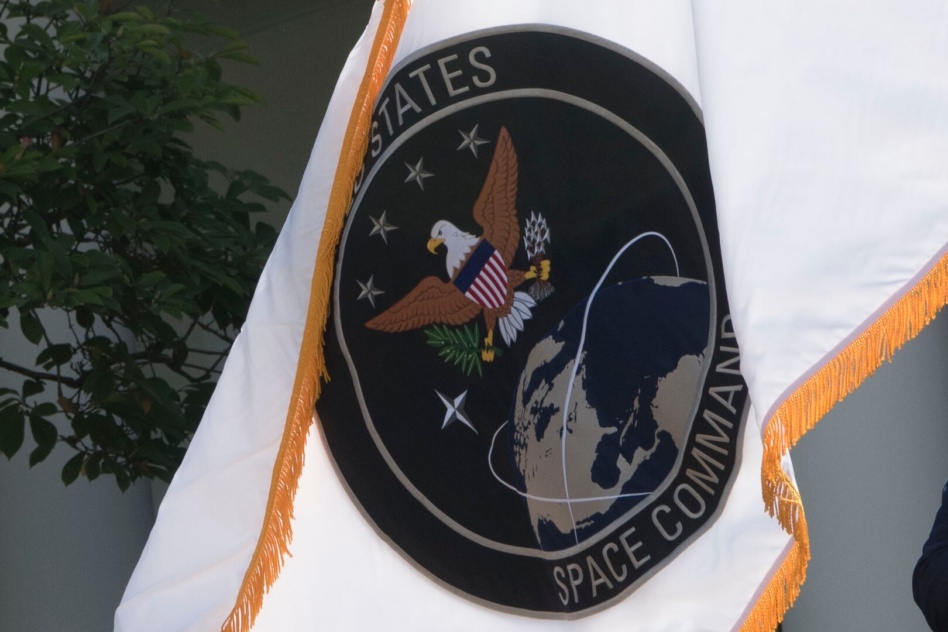The weight-loss craze has made it to space.
Two European startups—FibreCoat from Germany and Lofith Composites from Spain—have joined forces to develop a new composite for satellite panels that aims to be lighter and stronger compared with conventional materials.
The companies are planning to demonstrate the thermoplastic material next year aboard an as-yet unnamed satellite for a year-long test in orbit.
The innovation: The new composite material takes the best technologies from each company. It combines FibreCoat’s expertise in, you guessed it, coating fibers with metals and plastics with Lofith’s thermoplastic tape—which is 50% lighter and 30% stronger than aluminum. Lofith’s thermoplastic tape is also fully recyclable, and uses less water to develop compared with other materials.
The hope is that the thermoplastic composite can create a new standard for in-space materials—one that is lighter, stronger, cheaper, and more environmentally sustainable than alternatives.
During the demonstration, the companies will track the new material’s ability to shield against in-space radiation and to withstand the temperature swings between light and shadow in space. But both companies are confident the test will yield positive results.
“Space pushes materials to their limits. By combining FibreCoat’s coated fibres with Lofith’s advanced composites, we are proving that strength, survivability, and cost-efficiency can go hand in hand,” FibreCoat CEO Robert Brüll said in a statement. “We are confident that the upcoming orbital test will prove that our technology is ready for use in space.”
Votes of confidence: While FibreCoat focused mostly on terrestrial applications for the first few years of operations, the company closed a nearly €20M ($23.1M) Series B in December to begin focusing on materials for space and defense applications.
In September, FibreCoat secured €500,000 ($579,000) in funding after winning first prize at the INNOspace Masters’ competition held by DLR. FibreCoat’s tech in the contest, a material called FibRaShield, is said to offer up to 60% better radiation protection for in-space electrical components compared with aluminum shielding. The company has also developed a composite that can absorb radar waves, which may make spacecraft essentially invisible to radar detection.





